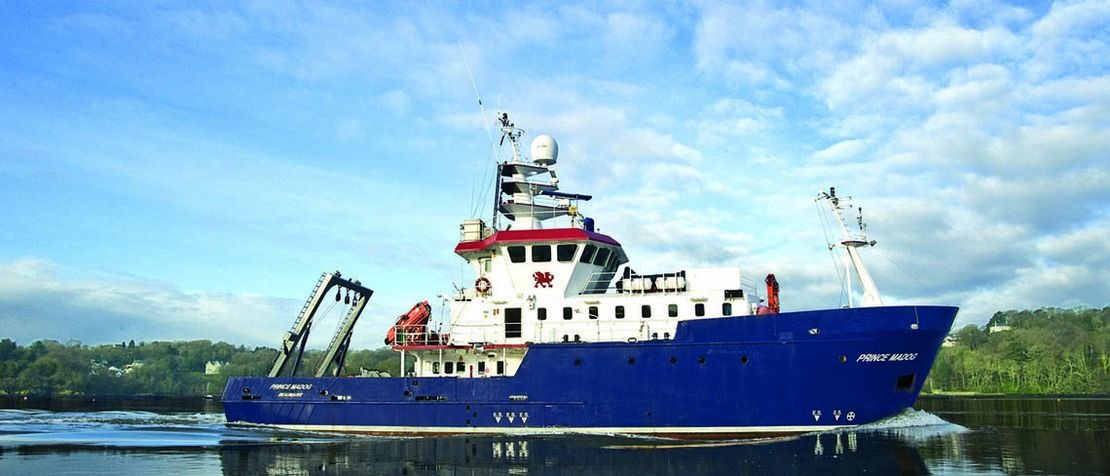PowerCell, a global leader in hydrogen electric solutions, has secured an order for two 100 kW marine fuel cell systems from O.S. Energy for the Transship II sustainable vessel project. This project highlights PowerCell’s expansion into the market for smaller commercial and leisure vessels, encompassing both retrofits and new builds, and demonstrates the readiness of its technology for broader application.
The focus of this initiative is the retrofitting of the research vessel Prince Madog with an innovative hydrogen-electric hybrid propulsion system, marking a significant advancement in sustainable maritime technology. The retrofit, scheduled to be completed in early 2025 with a demonstration set for March of the same year, is part of the Clean Maritime Demonstration Competition Round 3 (CMDC3), supported by the UK Department for Transport and delivered in partnership with Innovate UK.
Owned jointly by Bangor University, the Prince Madog is poised to set a precedent in green maritime technology through this pioneering £5.5 million initiative. The retrofit aims to cut the vessel’s emissions by up to 60%, contributing to global efforts to reduce the environmental impact of shipping.
Richard Berkling, CEO of PowerCell, expressed enthusiasm about leading the charge in sustainable maritime technology, noting, “Our marine fuel cell systems provide multiple advantages over traditional diesel gensets, including zero emissions, silent operation, and exceptional reliability. Furthermore, our 100kW system matches the footprint of conventional solutions, allowing for seamless integration into existing vessel designs. These benefits are crucial as the industry shifts towards greener and more efficient solutions.”
Martin Nuernberg, Managing Director of O.S. Energy (UK), commented on the partnership, “We are excited to collaborate with PowerCell to outfit the Prince Madog with state-of-the-art marine propulsion systems. This order marks a vital step in our commitment to innovation and environmental responsibility, showcasing the transformative potential of hydrogen technology in the maritime industry.”
While large ocean-going ships account for approximately 85% of the maritime industry’s carbon footprint, the remaining 15%, comprising smaller shortsea vessels, still contribute about 150 million tonnes of carbon emissions annually. Fuel cells offer a high-efficiency solution by converting chemical energy directly into electrical energy without the intermediate steps required in traditional combustion processes, and they operate quietly, reducing underwater radiated noise in sensitive marine ecosystems.
The Transship II project represents the largest retrofit of its kind and involves a consortium of major UK innovators in green maritime technology and hydrogen systems. The project aims to enable zero to low emission operation of the Prince Madog in 2025, positioning it as a model for sustainable marine research and operations.


